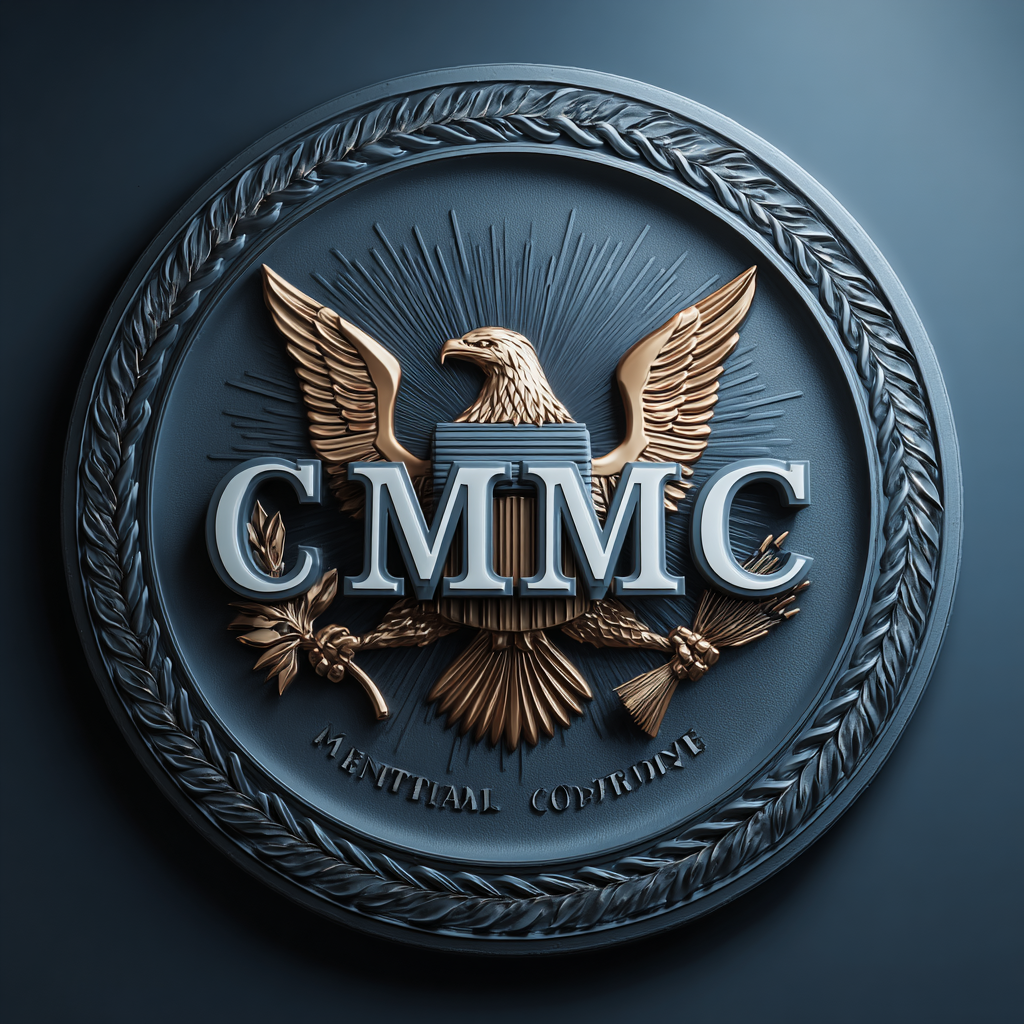Technology has significantly transformed the way we work, however, this transformation can come at a cost. This trend increases our reliance on vulnerable systems, which are subject to major outages, reduction in services, and – in the worst cases – adversely impact human health and wellbeing. Business owners will be increasingly responsible for protecting these systems, often through regulatory and compliance requirements, but also through their own security and risk management.
By implementing compliance standards and prioritizing risk management, companies can minimize the likelihood of compromises – compromises that can have a negative impact on their daily operations, or more broadly, the communities they serve. Organizations can also better equip themselves against the continuously evolving threat landscape. Risk management and compliance tend to be conflated in an already complex cybersecurity marketplace. At RISCPoint, we advocate for a deeper understanding and education of the differences between risk management and compliance. By developing this foundation and expertise, risk and compliance professionals can optimize the impact of emerging technologies while protecting their organization.
Here's what we mean by compliance and risk management:
1. Compliance refers to an organization's adherence to specific standards or regulations, typically required by a third party such as a customer or the government. Sometimes, these third parties require organizations to comply with certain regulations in order to fulfill their obligations. Some examples include SOC 2, which is an audit that gives customers assurance of security controls, or HIPAA, which is a federal law for companies that process personal health information.
2. Risk management is an organization’s ability to identify threats and vulnerabilities, and act on them to reduce the risk of compromise. It’s a self-initiated process performed internally by the organization, usually at the direction of the executive leadership team or the board of directors.
How are risk management and compliance connected?
Let’s look at it this way. The confusion between these two concepts in the marketplace stems from the fact that good cybersecurity and compliance programs often necessitate the management of risk (risk management). Effective risk management naturally involves adhering to those regulations and compliance standards.
Many information security standards require the implementation of specific controls. For example, most information security standards require a company to formally document policies, perform a risk assessment, and implement risk treatment plans.
Companies that manage their risk by identifying weaknesses and implementing controls will find themselves evaluating controls which were recommended by the standards, which ultimately elevates their own internal cybersecurity best practices.
What does the compliance and risk management process look like with RISCPoint?
Compliance and risk management might appear straightforward at first glance, but in the dynamic world of business, it requires much more effort than meets the eye. RISCPoint understands the many challenges companies face. From achieving and maintaining an acceptable level of compliance, to creating a reliable risk management process, to addressing other essential business priorities – it can be an arduous responsibility. This responsibility requires dedication from internal resources to provide constant monitoring, maintenance, and updates – resources that companies might not have. This is one of the main reasons why RISCPoint is centered around the idea that each client needs an approach tailored specifically to them. RISCPoint does not believe in a "one size fits all" approach for our clients. Each company has a unique set of services or products, and is run in the way that best suits them. Why should their compliance and risk management services be any different?
So many standards exist today that companies can be compliant with. Each one of them has their own set of controls, processes, and requirements. Achieving compliance and assessing your business against these standards demands in-depth knowledge of the requirements and controls within each of those standards. For companies looking to be compliant against multiple standards would require their internal teams to have that in-depth knowledge of those standards. At RISCPoint, our experts possess expansive knowledge in each type of standard, including federal and corporate standards. Regardless of what standard a company wants to be compliant against, they can rest assured knowing that our RISCPoint experts will meticulously guide them throughout the entire process, from documentation all the way to implementation, and beyond, in accordance with industry standard best practices. RISCPoint can help your business achieve compliance across a broad spectrum of standards, such as:
- SOC
- ISO
- HIPAA
- FedRAMP
- And more
A successful risk management program requires a few main components to ensure effectiveness and reliability. If a client is just beginning their journey to building an effective risk management program, one of the first steps involves identifying all current and potential risks. No one knows a company quite like the members of the company itself, so the first part of the process will be a collaborative effort between the company and RISCPoint. Using a workshop-based approach, RISCPoint will help companies identify their known risks, create a formally documented risk register, and conduct a risk assessment. That will determine the likelihood and severity of each risk, generating a risk rating. Once each risk is appropriately documented and rated, RISCPoint will move into the documentation phase. This phase includes the development of a formalized risk management policy and procedure that will guide personnel on how to manage each individual risk accordingly. RISCPoint will inquire with the company to establish certain factors like risk acceptance and threshold, and gain a better understanding of any and all current processes. RISCPoint is here to help companies achieve the next level of risk management, by making improvements where needed, or bridging gaps within the current processes.
Whether a company is looking to achieve compliance, further elevate their existing risk management program, or leverage other long-term services, RISCPoint will work to meet their specific needs. Our flexibility, paired with our extensive expertise in cybersecurity compliance and risk management, provides our clients with an exceptional experience, fostering confidence and strong relationships.
Sources:
Stay Informed, Stay Secure
Subscribe to our newsletter and get the latest cybersecurity insights, updates, and event invitations delivered straight to your inbox. Join our community and empower your security journey with RISCPoint's expert knowledge.
Join our newsletter for updates. Terms.






